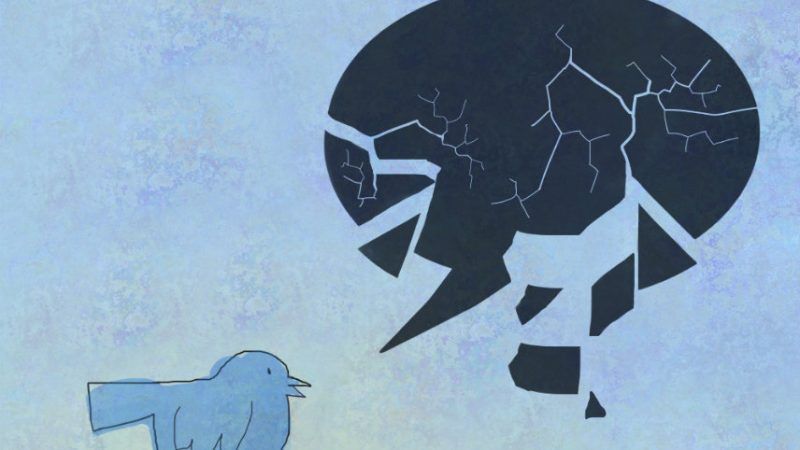The 'Fake News' Epidemic Was…Fake News
It's "important to be clear about how rare this behavior is on social platforms," researchers say.


Most social media users still know bullshit when they see it, a new study suggests. In a study of social media behavior during the 2016 election, more than 90 percent of their sample "shared no stories from fake news domains," a trio of researchers reports in Science Advances.
The study has been getting a good deal of media attention, mainly for the parts that confirm people's biases. "Conservatives were more likely to share articles from fake news domains," states the study abstract. And "on average, users over 65 shared nearly seven times as many articles from fake news domains as the youngest age group."
The conservative bit comes with a caveat: In 2016, fake news domains "were largely pro-Trump in orientation." So it's not necessarily that conservatives are more susceptible than moderates or liberals to propaganda; it could just be that there was more propaganda aimed at them.
The research team—Andrew Guess of Princeton, Jonathan Nagler of New York University, and Joshua Tucker of New York University—considered the possibility that older people were more likely to be Trump fans. But they found "the age effect remains statistically significant when controlling for ideology and other demographic attributes." Older liberals shared a lot of fake news too.
A common denominator in many visits to hoax articles was scrolling through Facebook. That network appears "to be much more common than other platforms before visits to fake news articles," the study found.
While much has been made over Russian-backed bots and ads promoting propaganda content, the reach and influence of such misinformation attempts may have been greatly overstated. The researchers say it's "farfetched" to suggest that fake news—which they define as "fake or misleading content intentionally dressed up to look like new articles, often for the purpose of generating ad revenue"—had a strong impact on the election's outcome.
It's "important to be clear about how rare this behavior is on social platforms," they write.
"The vast majority of Facebook users in our data did not share any articles from fake news domains in 2016 at all," the study notes. Furthermore, "this is not because people generally do not share links: While 3.4% of respondents for whom we have Facebook profile data shared 10 or fewer links of any kind, 310 (26.1%) respondents shared 10 to 100 links during the period of data collection and 729 (61.3%) respondents shared 100 to 1000 links."
Among respondents for whom they had the appropriate data, only 8.5 percent shared any fake news pieces. About 18 percent of the Republican respondents shared at least one fake news article, as did 3.5 percent of Democrats.
Read more about their findings and methodology here.
